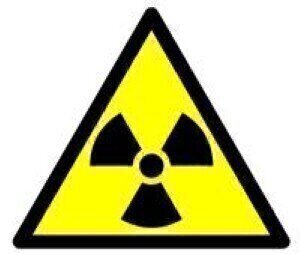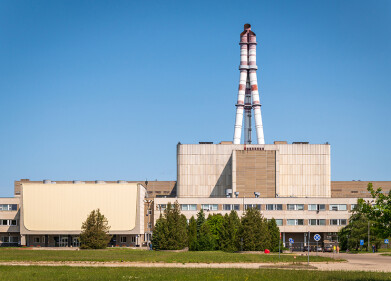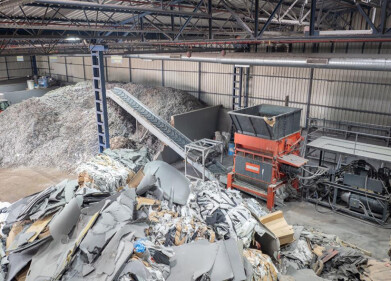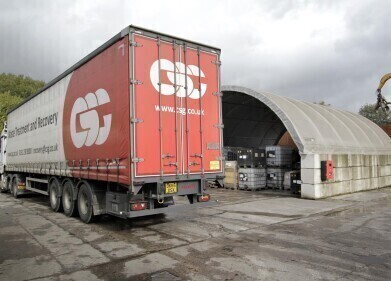Hazardous waste
Practical Environmental Protection: Enzymes "Digest" Plastic Bags
May 07 2013
In Germany people use something like 70 plastic shopping bags a year, while the European average is as many as 200. And worldwide up to a billion plastic bags are produced annually. In principle the use of such plastic bags, like plastic sheeting in agriculture or other products made of polyethylene (PE), is unproblematic – provided that they are re-used whenever possible and afterwards recycled.
However, this is seldom the case and such materials are often simply dumped, very much to the detriment of the environment because plastic bags and sheeting can take up to 500 years to biodegrade fully. The result is not just that our natural scenery is disfigured, but also that the oceans are polluted to an unimaginable degree. There are already stretches of ocean the size of central Europe full of plastic waste.
Against this backdrop British scientists have developed an additive which is sold under the trade name "Enzymoplast" and consists of natural proteins and special enzymes which break down polyethylene in a natural way. This additive can be included in the production process for PE products without any difficulty.
As soon as the plastic bags come into contact with microorganisms they gradually begin to decompose. And this is how it happens: first the microorganisms devour the proteins, which weaken and eventually break the otherwise very strong polymer chain. In addition it activates the enzymes, which act as a catalyst and accelerate the natural process, with the result that the polyethylene is degraded biologically. After a few months only water and CO2 – two of nature's building blocks – remain. Although the advantages of enzyme technology for treating PE products have been known since the 1980s, no other scientists have so far succeeded in putting the technology into practical use.
"Of course we would prefer it if plastics bags were not thrown away in the first place", states Narinder Bharj, CEO of Advanced Enzyme Science Ltd (UK), the IP owner: "However, unfortunately that's only theory. And this is why the use of Enzymoplast represents significant progress, both in terms of environmental protection, also for the retail trade and consumers.
Events
Mar 18 2025 Expo Santa Fe, Mexico
Mar 18 2025 Moscow, Russia
Mar 19 2025 Manila, Philippines
Mar 20 2025 Guangzhou, China
Mar 24 2025 National Harbour, MD, USA














